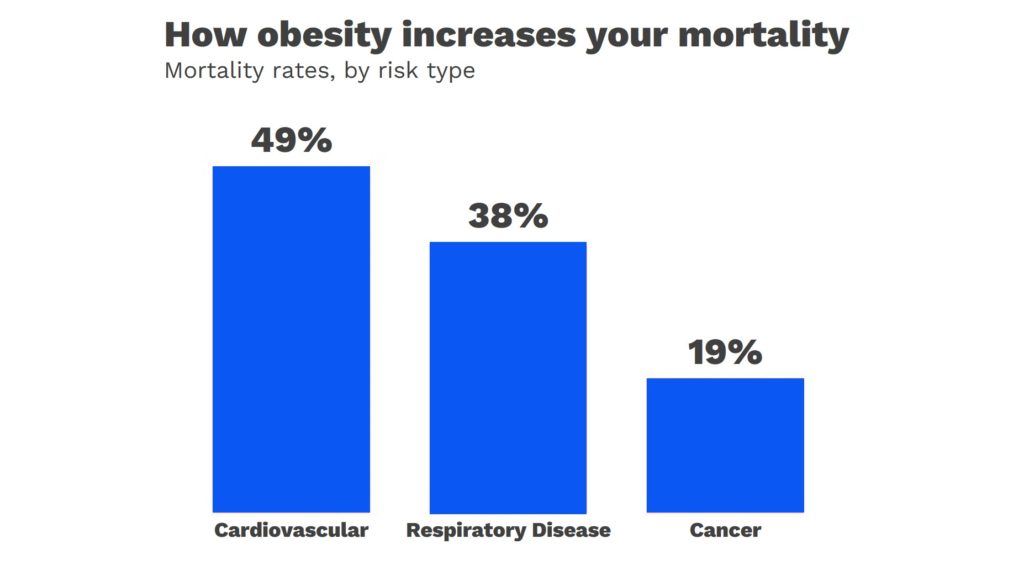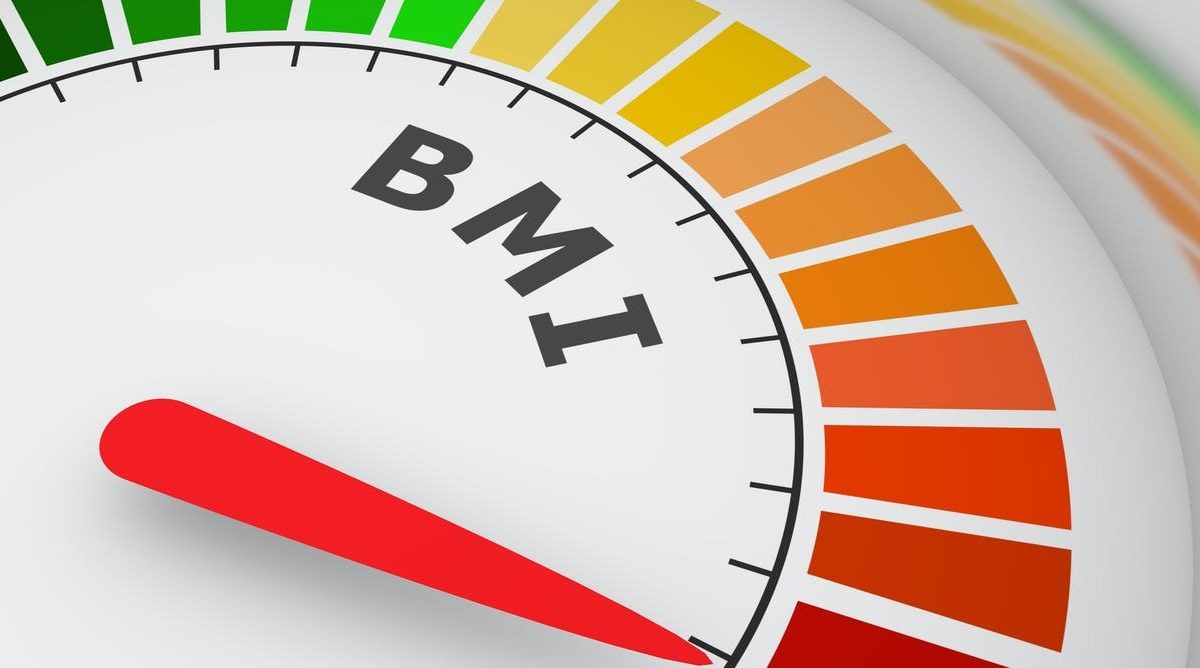More and more people are becoming obese which is not healthy. The prevalence of obesity continues to climb nationwide, as does the prevalence of heart diseases requiring heart surgery. Generally the BMI indicates if you are obese or overweight.
People who are obese and overweight are going to face severe chronic illness or stress. They are also at an increased risk for diabetes, kidney disease, heart diseases and heart failure. The fact is approximately, 35%-40% of patients requiring heart disease treatments or a heart attacks are suffering from obesity and overweight.
Moreover, excess body weight can pose risk not only before heart surgery, but it can pose additional problems even after a heart surgery or any cardiovascular disease (CVD) treatments.
SEE ALSO: What Happens After a Heart Attack?
How does excess body weight pose risk?
Obesity related medical conditions like kidney diseases, arthritis, heart diseases and conditions, sleep apnea, etc. limits your ability to engage in activities required before and after a major heart surgery. It also prolongs the recovery process and regaining the normal regular routines.
Moreover, most heart disease treatments are anecdotally more difficult and riskier to perform on patients with obesity. What affects is the life after a heart surgery for the patients with obesity and overweight.

Excessive weight is associated with number of complications after a heart conditions treatments and are worth discussing with your cardiologist. The complications may include:
- Prolonged time requiring mechanical ventilation (breathing machine)
- Pneumonia
- Reduced kidney function or kidney failure
- Poor wound healing
- Slow recovery
- Sternal (breastbone) wound infection
Collectively, these complications generally increase your hospital stay slightly.
What can be done about it?
The best strategy for any critical issues like these is prevention. You should have a clear understanding about these complications with your heart disease specialist, to guide you optimizing your health before and after any treatments. We have collected a few questions or concerns you should ask your cardiologist. Questions/concerns may include:
- What kind of exercise is safe for me before getting treatment for heart disease?
- Are there any specific activities or breathing exercises, I should prefer doing before surgery, to reduce any complications?
- Are there any unique things I should watch out for immediately after treatments or after I leave the hospital?
- When can I begin to exercise post heart surgery?
- What exercises I should do to reduce my weight, also good for your heart health?
- Being a diabetic or pre-diabetic, how can I control my blood sugar level?
If you have specific goals planned after your operation, don’t hesitate to discuss them with your cardiologist. Note down everything so that you can remember every important information that your consultant shares with you.
Ending Note…
Post-operative follow is very crucial for patients with obesity and overweight. This allows the medical team to ensure if you are healing appropriately and taking your medications correctly. It will also help them understand whether you are staying on the right track toward a healthier life.
Life after a major heart disease recovery could be physically and psychologically stressful, but setting up goals and following the advices properly can help you stay motivated toward progress. Your ultimate goal should be to reduce your weight.











